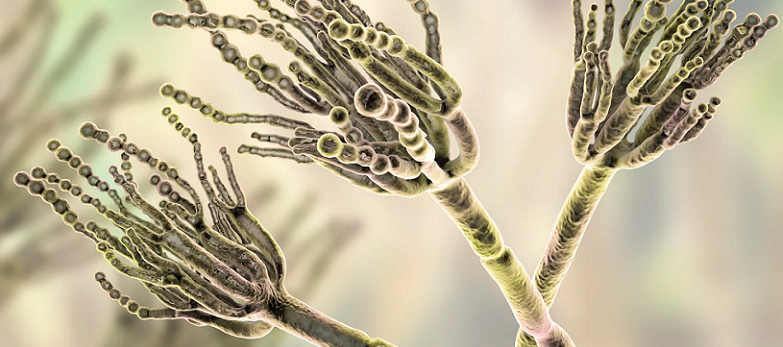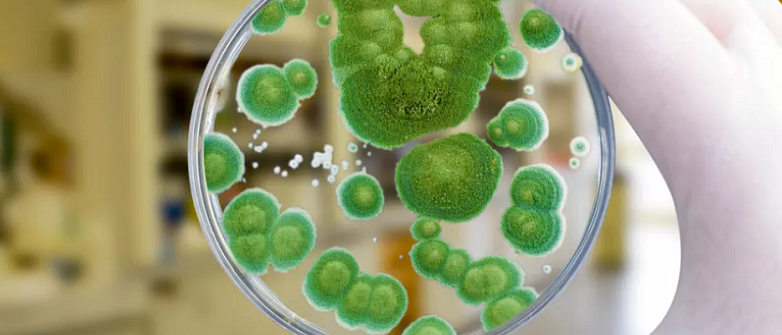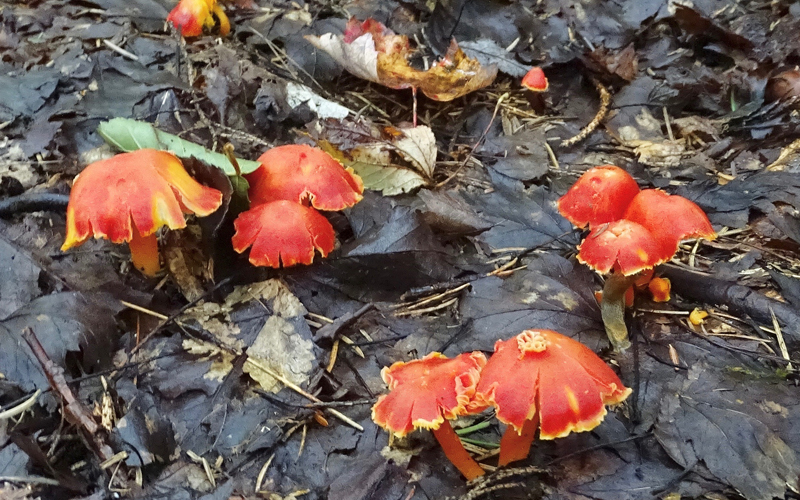Fungi play a crucial role in the ecosystem, serving as decomposers, mutualistic partners with plants, and food sources for other organisms. In addition to their importance in the natural world, fungi also have the potential to be utilized in agriculture and medicine. From serving as a natural pesticide to the production of antibiotics, the versatile and adaptable nature of fungi makes them valuable resources in these industries.
What Is Fungi?
Fungi are a diverse group of eukaryotic organisms that are distinct from animals, plants, and bacteria. They are found in a wide range of environments, including soil, water, and air, and play important roles in the ecosystem as decomposers, symbiotic partners, and pathogens.
Fungi can be single-celled or multicellular and are characterized by their unique cell walls composed of chitin, as well as their ability to produce and disperse spores called spores or spores. Some common examples of fungi include mushrooms, yeasts, and molds. They have significant ecological and economic impact, serving as decomposers of organic matter, forming symbiotic relationships with plants, and producing fermented foods, medicines, and other products.
The Role of Fungi in the Ecosystem
Fungi play a vital role in the ecosystem, serving as decomposers that break down dead organic matter and recycle nutrients back into the soil. This is crucial for maintaining soil fertility and overall ecosystem health. Additionally, many species of fungi form mutualistic relationships with plants, called mycorrhizae, where they provide the plant with essential nutrients and water in exchange for sugars produced by photosynthesis.
Fungi also play a role in the formation of soil and help to cycle key nutrients, such as nitrogen, phosphorus, and carbon, throughout the ecosystem. Furthermore, fungi are a food source for many species of animals, including insects, birds, and mammals, and they play a crucial role in maintaining biodiversity.

Agricultural Uses of Fungi
Fungi have numerous potential applications in agriculture, including serving as a natural pesticide, forming symbiotic relationships with crops to improve plant growth and health, being used in the production of fermented foods, and serving as a tool for cleaning up contaminated soils through bioremediation.
For example, some species of fungi produce compounds that are toxic to insects and other pests, making them a potential alternative to chemical pesticides. Additionally, the mycorrhizal relationships between fungi and plants can improve plant growth and health by increasing nutrient uptake and water availability.
Fungi are also used in the production of fermented foods, such as bread, beer, and cheese, due to their ability to convert sugars into alcohols and organic acids. Finally, fungi have the ability to degrade toxic compounds, making them valuable tools for cleaning up contaminated soils.
While the potential benefits of fungi in agriculture are significant, more research is needed to fully understand and utilize these organisms in this field.

Medical Uses of Fungi
Fungi have been used in traditional medicine for centuries, with various species being used to treat a wide range of health conditions, from infections to digestive disorders. In modern medicine, fungi continue to be a valuable source of compounds with therapeutic potential.
For example, some species of fungi produce antibiotics, which are important for treating bacterial infections. Additionally, fungi have been shown to regulate the immune system, which is critical for maintaining overall health and preventing the development of autoimmune diseases and chronic inflammation.
There is also evidence that certain species of fungi may have potential as treatments for cancer and other diseases, although more research is needed to fully understand these potential applications.
Another area of interest in the medical use of fungi is the unique metabolites produced by these organisms, such as polysaccharides, terpenoids, and alkaloids. These compounds are being studied for their potential use in the development of new drugs, as they have been shown to have a wide range of biological activities, including anti-inflammatory, antioxidant, and antiviral effects.
While the medical potential of fungi is significant, more research is needed to fully understand and utilize these organisms in the field of medicine. Additionally, care must be taken to ensure that the use of fungi in medicine does not have unintended consequences for human health or the environment.

Challenges and Limitations of the Use of Fungi in Medicine and Agriculture
While the potential benefits of fungi in medicine and agriculture are significant, there are also challenges and limitations that must be considered. Some of the key challenges and limitations include:
- Harvesting and Cultivation: Fungi can be difficult to cultivate and harvest, which can limit their use in agriculture and medicine. Additionally, certain species of fungi are rare or difficult to obtain, which can further limit their use.
- Limited Understanding: There is still much that is unknown about the biology of fungi, which can limit our ability to fully utilize these organisms in medicine and agriculture. For example, the mechanisms by which certain species of fungi produce antibiotics or other biologically active compounds are not well understood.
- Environmental Impact: The use of fungi in agriculture and medicine can have unintended consequences for the environment, and care must be taken to ensure that these organisms are used in a sustainable manner. For example, the use of certain species of fungi as bioremediators in contaminated soils may have unintended consequences for the surrounding ecosystem.
While the potential benefits of fungi in medicine and agriculture are significant, there are also challenges and limitations that must be considered and addressed. Further research is needed to better understand these organisms and to fully realize their potential in these fields.

